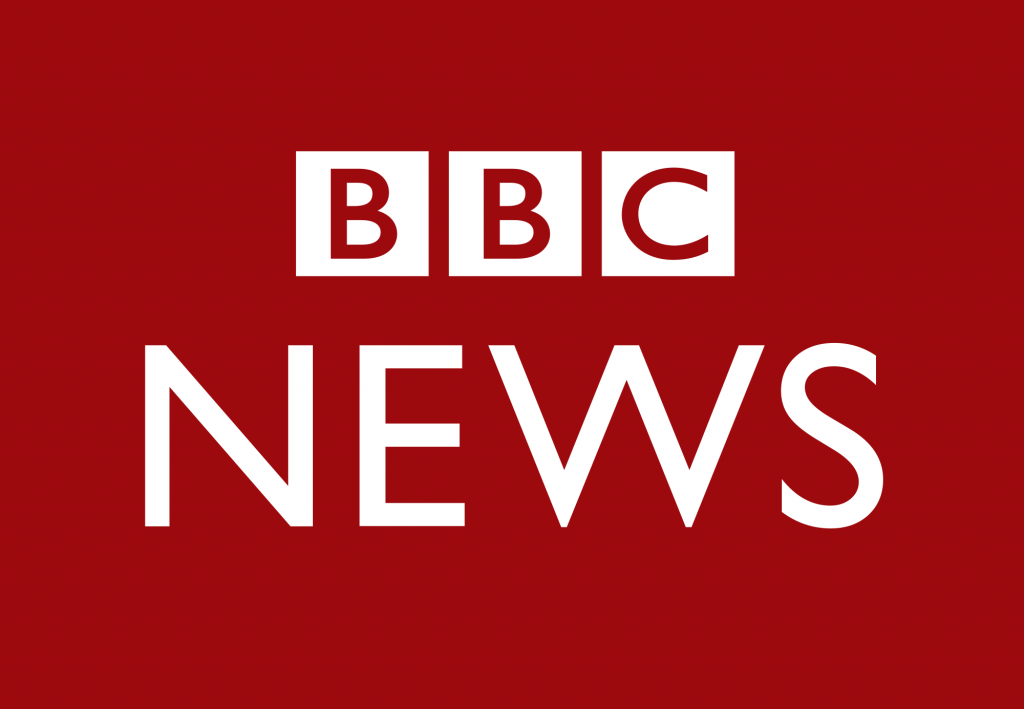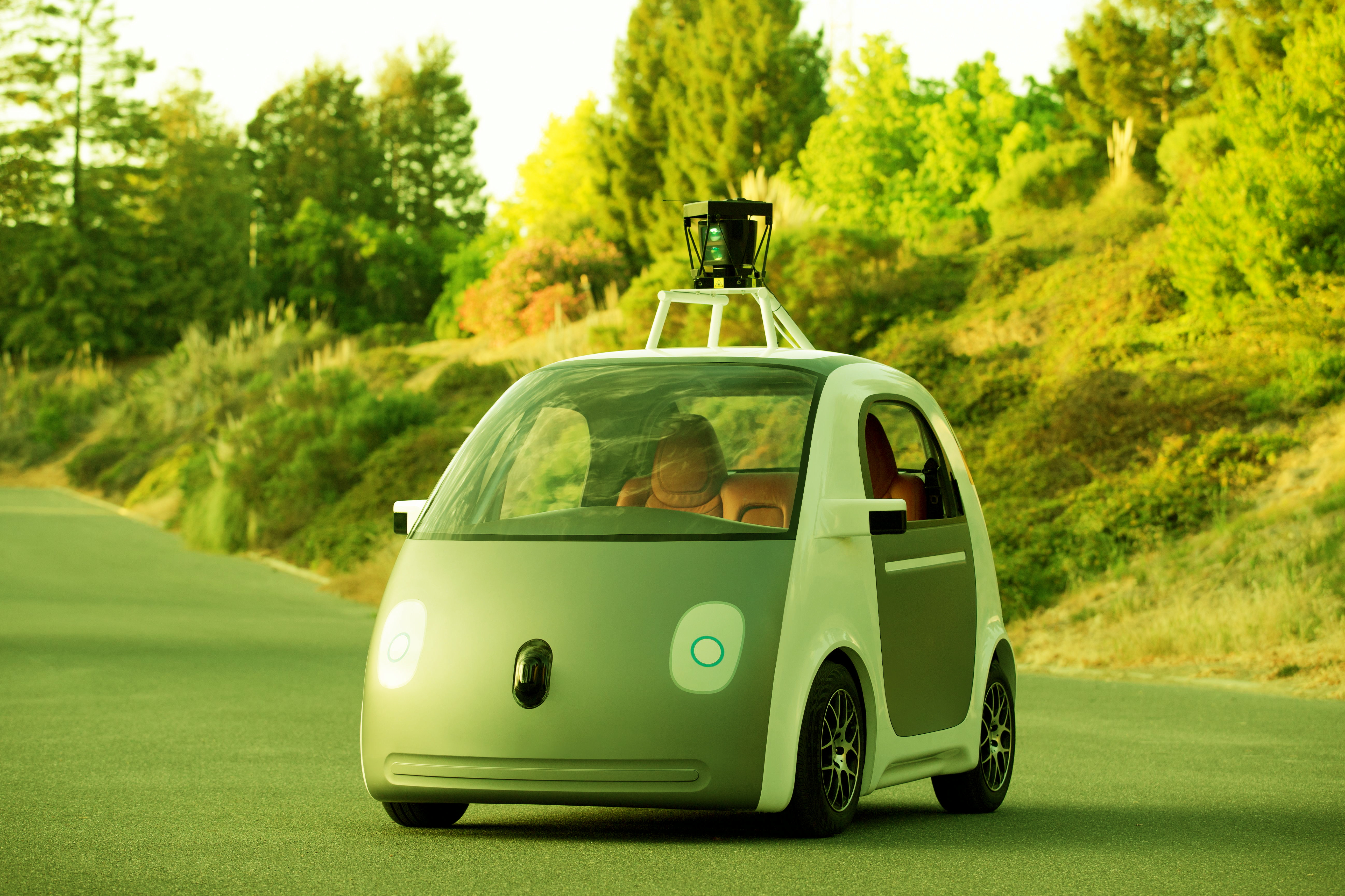This week I was invited to be a guest on the BBC’s Business Matters with host Jon Bithrey and The Wall Street Journal’s Alex Frangos. We had a lively conversation about Silicon Valley’s hot stories: The unveiling of Google’s driverless car and Apple’s purchase of Dr. Dre’s Beats Electronics for $3B.
Beyond the obvious detail that Google’s new car is all-electric (which Katie Fehrenbacher points out is important), we explored why driverless cars may one day contribute to a cleaner and more efficient transport sector. Find out how below…
Here’s a transcript of our conversation. It’s been edited for length and clarity. Listen from 18:27 at the BBC World Service.
Bithrey: Google is to start building its own fleet of self driving cars…Let’s bring in our guests, Alison van Diggelen in San Francisco and Alex Frangos in Hong Kong. Alison… have you seen any in your neighborhood…Google trying out their self driving cars?
van Diggelen: I’ve seen many on Highway 85 between Mountain View and San Jose. You see them a lot, but I haven’t seen this particular one. What is unique about this is that it only goes 25 mph and it’s built from the ground up…they’re going to be building about 100 of them and we’ll probably see them in and around Google, they’re going to use it between buildings on their campus. That is the plan.
But what’s exciting about it from my point of view – I cover cleantech – and the beauty of self driving cars is that it can be a more efficient way to transport us. Self driving cars can allow “platooning” so cars can convoy really close together, you can get more cars on the road and it can include car sharing. And here’s an interesting example: in the future, you may be able to rent a car, and you may not want do the autonomous self drive car, but you just call it up on your app and it can deliver itself to your door. And that to me is an interesting, futuristic view of what they one day may be able to do.
 Bithrey: (laughter) It is indeed. There are critics who say that… they could make traffic worse, and urban sprawl worse because people won’t have to drive any more. It will tire them out less if they’re not having to drive themselves, and so they may be happy to make longer journeys in these and thus be more polluting.
Bithrey: (laughter) It is indeed. There are critics who say that… they could make traffic worse, and urban sprawl worse because people won’t have to drive any more. It will tire them out less if they’re not having to drive themselves, and so they may be happy to make longer journeys in these and thus be more polluting.
van Diggelen: Yes, that’s a possibility, however, the interesting thing with this car is that it is an electric car, so again that’s a greener alternative to your internal combustion engine. Another advantage of autonomous cars…is that you can have parking lots where you take your car to the edge of the parking lot and say, “Go Park Yourself.” It will have sensors on the car and in parking spaces, so those cars will be able to pack themselves in much more efficiently, so a more efficient use of available space. I take your point about longer commutes, but there are greener aspects to it too.
Bithrey: Alex Frangos in Hong Kong, is this the type of thing you’d like to try out? Would you trust a driverless car?
Frangos: I’d trust it probably as much as I’d trust all the other crazies who are on the road with me. Saying it’s unsafe is only in comparison to how unsafe it already is on the road, given how terrible drivers can be in various countries of the world. The thing that is, not troubling, but would take the enjoyment out of driving and misses the point, especially in the US of why people drive: the freedom and control it gives people. Or at least a sense of freedom and control to go where they want and do what they want… make a spontaneous turn or what not.
Bithrey: It’s just a more advanced version of cruise control isn’t it?
Frangos: No, I think it’s much more than that because you’re giving up control to the computer. So it could be a great improvement in life, but it would change what driving means, especially to Americans.
Bithrey: Yes, it might be slightly strange just having a stop/go button and not having all the other things we’re used to inside a car. OK, we’ll be back with you both on Business Matters on the BBC World Service….
Want to hear the entire show at the BBC? Listen here
Other topics we cover:
On collaboration: a group of four authors have collaborated on a single novel called “Keeping Mum.” We ask them how it’s possible to keep such a large group focused on a single plot. @26:40
On Maya Angelou: “This will resonate not just for novelists but for business people too. ‘People will forget what you said, people will forget what you did, but people will never forget how you made them feel’ (Maya Angelou)” @39:05
On Apple’s acquisition of Dr Dre’s Beats Electronics. Will it make Apple cooler? @45:56
Find out more about BBC conversations
In April, we discussed Apple’s green strategy (renewable energy supply, recycling iPods etc) on BBC Business Matters
Listen to my other appearances on BBC Business Matters re. how Fresh Dialogues began; the Dalai Lama in Silicon Valley; Scottish independence and much more.




